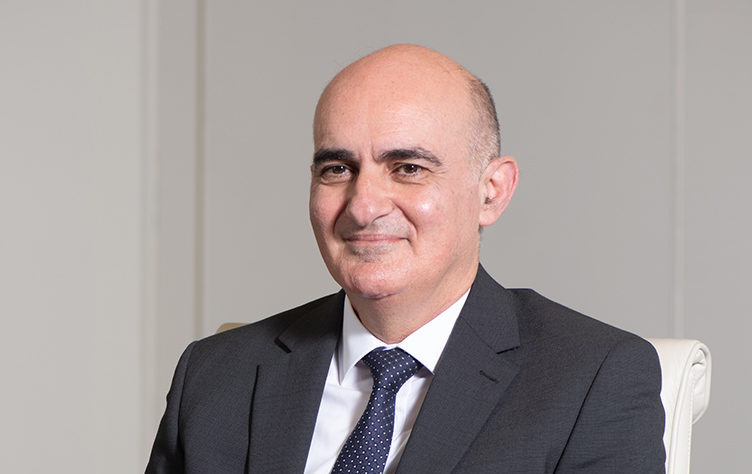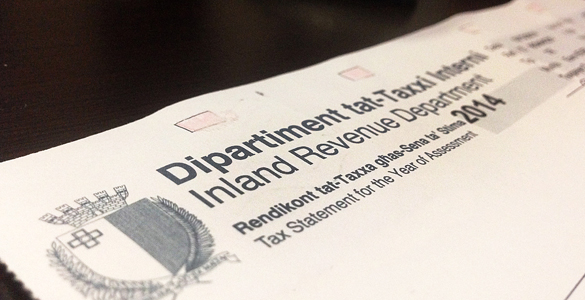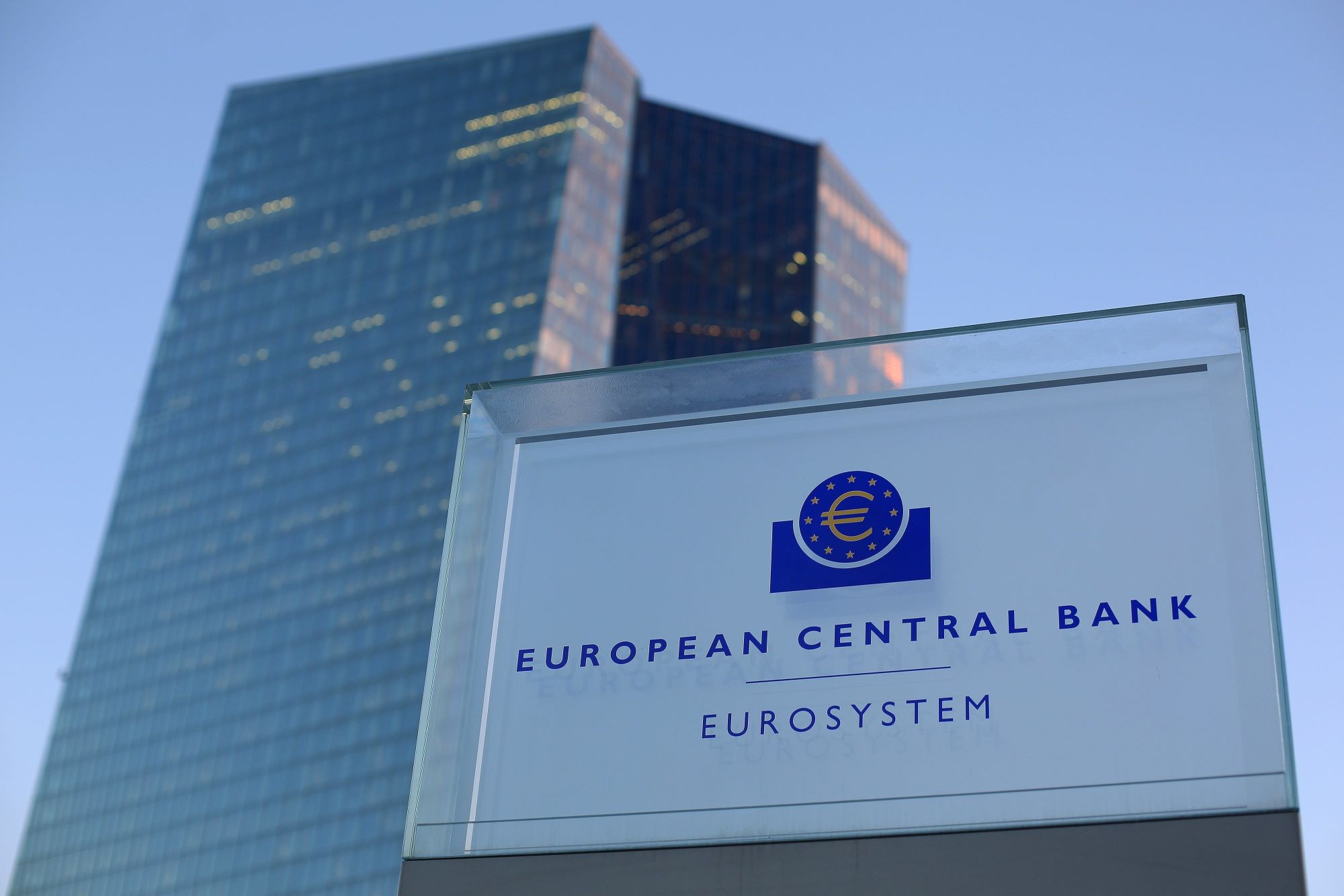Marcel Cassar, chair of the Malta Bankers’ Association, believes that sustainable economic development needs to be given serious weight in any decision taken by economic stakeholders in the country, and is calling on banks to take a leading role by putting it at the heart of their decisions.
He was addressing the public’s discussions of his critical comments about high-rise development, published in The Times earlier this week, during a panel discussion on sustainability at the launch of the third edition of advisory firm Grant Thornton and real estate agency Dhalia’s landmark report on the local property market.
In that interview, Mr Cassar, who serves as CEO of one of Malta’s largest financial institutions, the majority Church-owned APS Bank, revealed that it does not finance construction projects going higher than 10 floors.
During the event, held on Thursday, Mr Cassar provided additional context to the article, which found a receptive readership in a country with a rapidly changing skyline. A change, many feel, for the worse.
“What do we mean when we say there needs to be sustainable economic development?” he asked attendees, going on to give the definition used by the United Nations: Development that provides for the needs of today without compromising the needs of tomorrow.
“If there is a player, other than politicians, who must think about the future,” he argued, “it’s banks.”
Mr Cassar explained that despite all the efforts made to reduce risk and ascertain that loans extended to consumers and businesses alike are repaid, “banks, ultimately, are making incomplete decisions all the time”.
“If we are extending credit to a tourism undertaking, that loan is based on the tourism market of four or five years from now. Not on the tourism of today.”
Sustainability is therefore a material consideration for banks, which must grapple with future potentials in their everyday business of lending.
Circling back to high-rise buildings, Mr Cassar said that the question of who, exactly, is buying and renting these units, remains an open one.
In the interview released on Monday, he said that APS Bank has not been approached to finance the acquisition of units in high-rise towers.
“It might be that prospective buyers don’t require bank finance, but it would be rather odd that you have such big developments and banks aren’t being approached for acquisitions. I don’t have the sense that other banks are being approached,” he said.
With buyers typically leaving banks out of their financing equation, Mr Cassar noted that this creates an acute lack of data on which such lenders could base their decisions.
Picking up the thread on Thursday, he asked: “What’s the financial feasibility? What market are they going to be sold or rented to? Where do you find architects to give independent valuations?”
Referring to a training session he had once participated in, organised in the USA, Mr Cassar recounted that financing high-rise projects can be determined in part through a common sense approach, one that recognises that such developments require a corresponding upgrade in public services.
“I remember the trainer touting the importance of pragmatic considerations, such as whether the fire department and police even have ladders that go high enough,” he said.
In relation to their effect on Malta’s skyline and architectural fabric – appreciated by locals and tourists alike – he lamented the failure to zone high-rise developments appropriately.
“There was a time when there was a plan to limit them in certain areas. Now they are going up all over.”
Despite the country’s push to build upwards, then, there has been little parallel effort to ensure that infrastructure, services, and planning keep apace with the mushrooming of high-rises.
When taking into account the low visibility on future trends and the lack of evident demand, “we felt we had to draw a line,” explained Mr Cassar.
The same symptoms of haphazard growth are being felt in other sectors, he said, drawing attention once again to the tourism sector, to which practically all banks are heavily exposed.
“We need to plan our development in such a way that tourists want to come back time after time,” he said, decrying the short-term focus on ever-growing numbers without an accompanying drive to promote quality experiences.
Responding to a question posed by the host, wherein he was asked whether banks should be led by a clearly defined vision for the future development of the country, Mr Cassar replied, “Yes, I am calling on banks to drive a new way of doing things.”
“We are making lending decisions that may come back to haunt us big time. And it is my duty to transmit my opinion publicly.”
Top 5% of taxpayers responsible for one-third of all income tax paid in Malta
On the other hand, the bottom third of income earners pay just 1.7% of all income tax generated
The Malta Institute of Accountants prepares for its 2024 Anti-Money Laundering Conference
Held at the Radisson Blu, St Julians, this latest AML Conference promises to bring exclusive insights on new procedures
Eurozone interest rates to remain unchanged
The European Central Bank noted that price pressures remain persistent






